You got into your pajamas, turned on whale song, dimmed the lights, took off the upside down and… nothing or eat before bed? The sleep from you onwards. What foods affect falling asleep and the quality of sleep, and what is the fault of the pasta that you eat before bed?
How we eat and what we eat affects the digestive system, the feeling in the body and from there also the quality of sleep
Foods high in fat and especially trans fat, fibrous meat, fried, salty and spicy may cause heartburn that interferes with falling asleep, or thirst that wakes you up
Pay attention to cocoa and caffeine that work as stimulants on the body. And in addition, avoid heavy and large meals eat before bed.
Unpleasant to meet: food that weighs you down. The kind that will leave you with an unpleasant feeling that you will have to face when you already want to sleep .
The classics are, of course, foods that cause heartburn: fried, high-fat and margarine baked goods – borax, pizzas and spicy food. Those who have a tendency know the feeling that comes after a meal rich in trans fat .
The food feels as if it is stuck on the way down – somewhere in the oesophagus and does not want to come down. Even if the taste has already passed from your taste buds long ago, the feeling in the body is still very noticeable. And the sleep is gone.
so what are we doing? If you’ve already moved to a balanced state – it’s worth sitting down or walking a bit at home – to let gravity do its thing – that is, to let the food fall down. A glass of soothing herbal tea can also be helpful.
Other foods that are difficult to digest if you eat before bed:
1. Large amounts of meat
mainly of the fibrous type such as beef, fatty meat such as internal organs, sausages, sausages and their friends. These are foods whose digestion process is long, so we feel them for a longer time. It will prevent you to eat before bed.
2. High-fat dishes
such as pasta in cream sauce and yellow cheeses, fried food such as chips and industrial popcorn, sweets and cream cakes. Fatty food empties slowly from the stomach, so it has a chance to create in the body a feeling that it sticks in the throat or is heavy and unpleasant in the stomach – certainly not when trying to fall asleep.
3. High-fiber bulking food
like a huge vegetable salad, especially if it contains a lot of leafy greens like cabbage, lettuce and Swiss chard. Whole grains such as semolina can give a feeling of bloating and also large amounts of gluten can cause a feeling of bloating for those who have a low gluten tolerance . Large amounts of gluten are also found, for example, in light bread.
4. Food that causes gas
The distressing friend of the bloated food, such as legumes, radishes, cauliflowers and other gasifiers that often create a feeling of fullness and excessive bloating.
5. Large and heavy meals of
the kind that are enjoyed when you go to happy events or to festive and special meals. Often the food is delicious and excellent, but afterwards the feeling is heavy and tiring. Even if there is no heartburn – falling asleep on a too full stomach is unpleasant.
Even if you haven’t eaten all day and come home late and hungry as wolves, you will likely strain your digestive system trying to make up for the deficiency. In this case, spreading the meals throughout the day will significantly help to reduce hunger and also the volume of the meal.
6. Very salty food
snacks, crackers, sandwiches with salty spreads – no matter what you chose, if the amounts of salt are large, you will probably feel the need to drink more. We are in favor of drinking liquids, but it is not certain that before bed is the ideal time – especially in terms of your urinary system…
If you’re lucky you’ll have time to empty it before going to bed, but keep in mind that there’s a big chance you’ll find yourself going to visit the important place even in the middle of the night and in this cold, who wants to go out upside down.
7. Cocoa and caffeine
cause the opposite feeling, and then sleep eludes you. Even if you are one of those who ” coffee doesn’t really affect them” it is important that you know that caffeine has a stimulating effect.
Even if you didn’t start jumping around the living room while drinking the espresso, the body does feel the increase in caffeine levels in the blood and relatively wakes up and the effect reaches its peak after about two hours. So two chocolate cubes won’t really change, unless you’re really sensitive. But, when the amount of chocolate increases it is already significant.
And if you already have sweets in large quantities, are you familiar with the phenomenon where eating sweet food at night causes hunger the next morning? Have you ever wondered why this happens?
The large amounts of sugar are injected into the blood and increase them. This often creates a temporary feeling of arousal in us that actually ends in fatigue due to the drop in sugar. What is important to understand is that at night, this game has more effect – because the body itself “plays” with the sugar levels.
We all have changes in sugar levels at night – including a natural sugar drop, somewhere between 3:00 and 6:00. The combination of a sugar load before falling asleep with the natural process that occurs in the body often manifests itself in strong hunger in the morning simply because the body is looking for a way to raise back the sugar levels that have fallen.
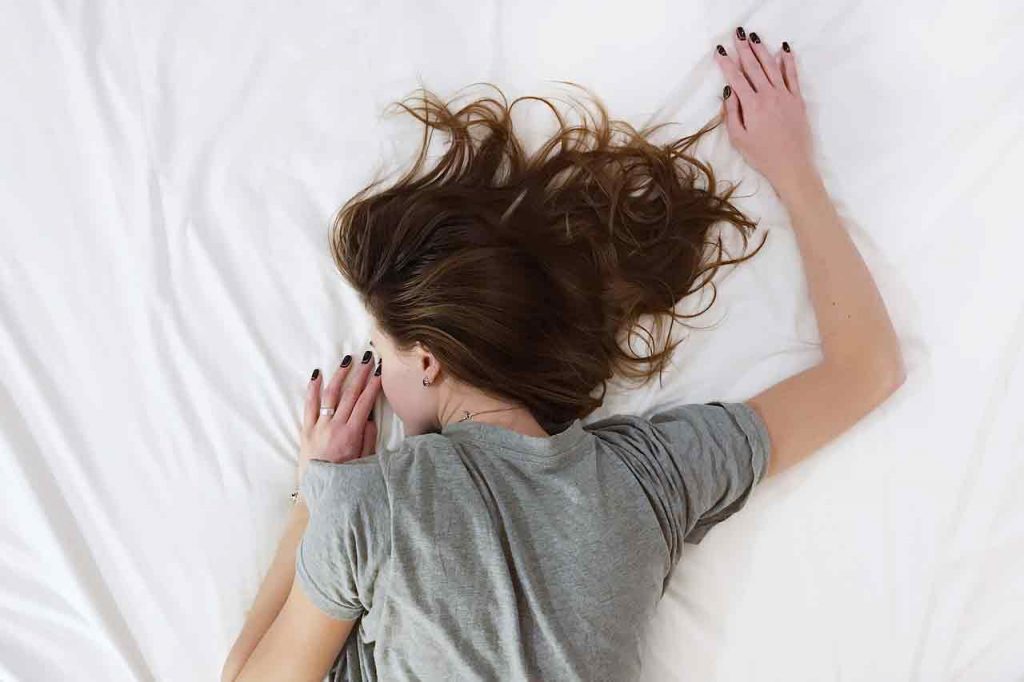
How many hours should you sleep at night?
So how to eat before bed?
Eat before bed should be done wisely. Eat dinner three or four hours before you go to bed. If you are prone to heartburn, gas or your digestive system is sensitive – minimize the strategic foods during these hours.
There are people who prefer to eat before bed a relatively small dinner, which will fill you up but not weigh you down. A meat or legume-based meal at lunchtime will pass more easily than a nighttime meal with a similar composition.
If you feel the need – a small snack eat before bed can certainly be suitable, the point is of course in the quantities. For example: a row of chocolate cubes, an energy snack up to 100 calories, a medium fruit with a small handful of nuts, a slice with some avocado or half a cup of ice cream will do the trick.
Chew the food well – this rule is always true, however, it is not at all easy to apply to someone who is used to eating in a lump. If you are in a hurry, know that it pays off to chew well – the stomach empties faster, the food is digested better and you feel fuller.


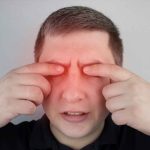

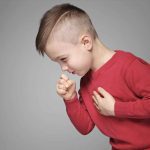
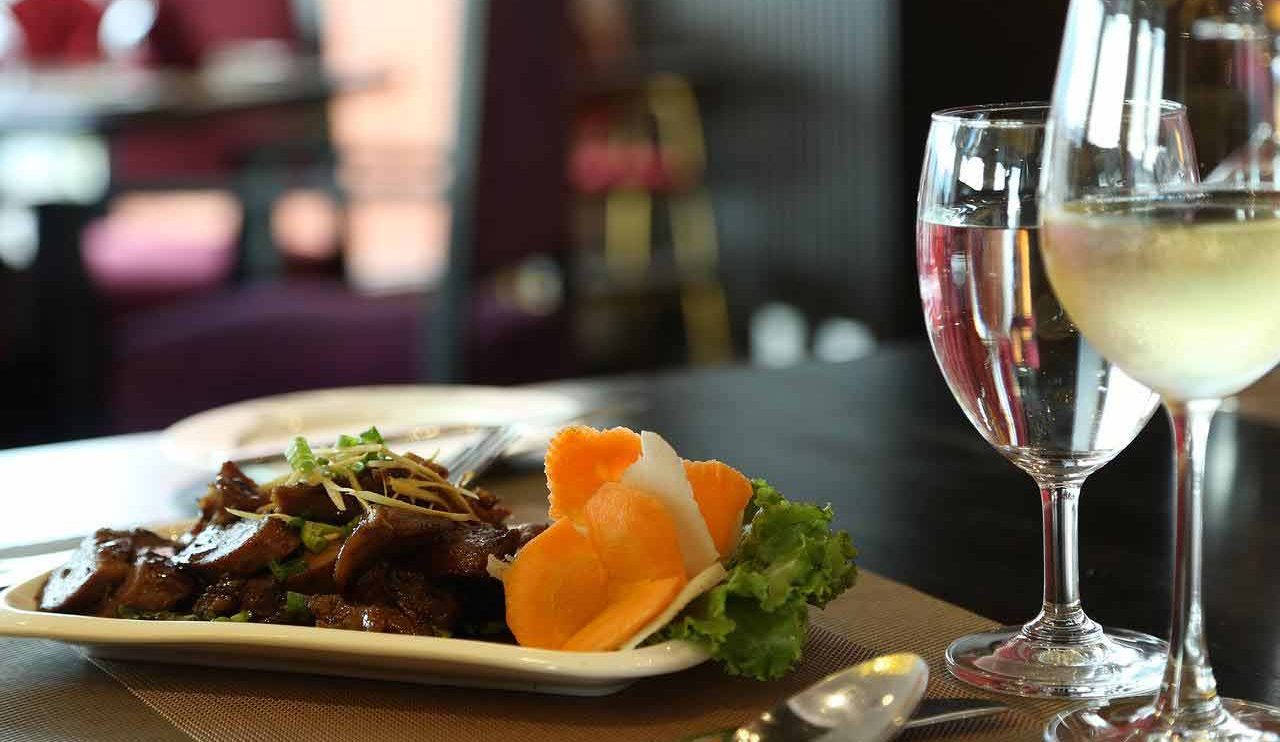

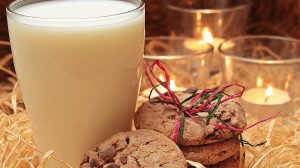
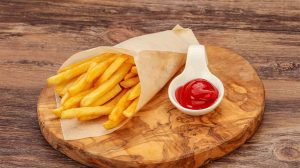
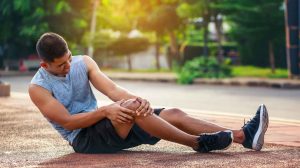


Add Comment